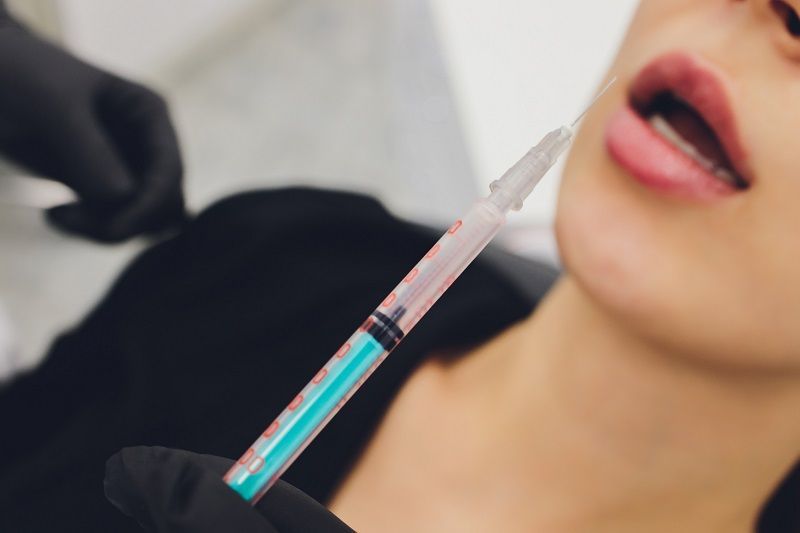Oral Sedation and Advanced Surgical Procedures
- By Mary Marks
- •
- 15 Jan, 2024
- •

Oral sedation has become a valuable tool in dentistry, especially when it comes to advanced surgical procedures. An examination of how oral sedation is employed responsibly to enhance the patient experience and facilitate complex dental surgeries is essential for making an informed decision about the sedation procedures that you might need.
Before incorporating oral sedation, the dentist conducts a comprehensive pre-surgical assessment. This includes a thorough review of the patient's medical history, current medications, and any potential contraindications. The goal is to ensure that oral sedation is a safe and suitable option for the individual.
Each patient is unique, and a responsible sedation dentist like https://www.coloradosedation.comtailors the plan to the specific needs and anxiety levels of the individual. For advanced oral surgery, the dentist may choose a moderate level of sedation to keep the patient relaxed and comfortable throughout the surgery.
Oral sedation dentistry practices also depend on prescription medications taken by the patient before the scheduled procedure. The dentist carefully determines the appropriate dosage to achieve the desired level of sedation without compromising safety, while making sure the sedatives don’t interfere with the patient’s prescribed medication.
Additionally, throughout the surgical procedure, the dental team maintains vigilant monitoring of the patient's vital signs. They may monitor your heart rate, blood pressure, and oxygen saturation levels. Continuous monitoring ensures immediate detection of any adverse reactions or changes in the patient's condition.
Even under most types of oral sedation, the patient remains conscious and responsive. The dentist communicates with the patient during the procedure, providing reassurance and instructions as needed. This open line of communication helps foster trust while greatly reducing your anxiety.





Although oral sedation dentistry Highlands Ranch is one of the optionsavailable for managing anxiety and discomfort during oral surgery, you certainly do not need to use it all the time. As a matter of fact, the exact type of sedation or anesthesia that you receive during oral procedures may depend on various factors, such as the complexity of the procedure, your medical problems, as well as your doctor’s preferences.
There can be several different levels of sedation that can be used in oral surgery. Local anesthesia is one of them. This involves injecting anesthetic medication into the specific area where the surgery will take place. It numbs the area and is often used for less invasive procedures.
Oral sedation involves taking medication in the form of a pill to induce a state of relaxation and drowsiness. The patient is still conscious, but he/she may not be fully aware of the procedure. At any rate, sedation helps him/her get rid of anxiety.
In the case of intravenous sedation, medication is administered through a vein, which induces a deeper state of sedation than oral sedation. Patients may still be conscious, but they are less aware of their surroundings and may not remember the procedure.





